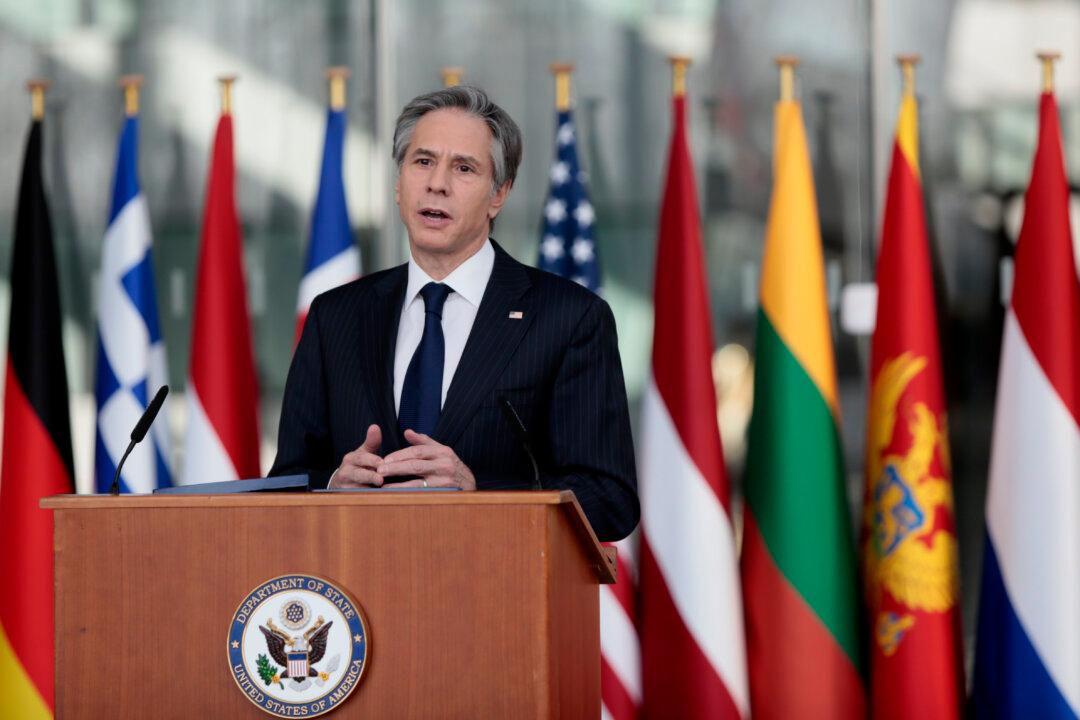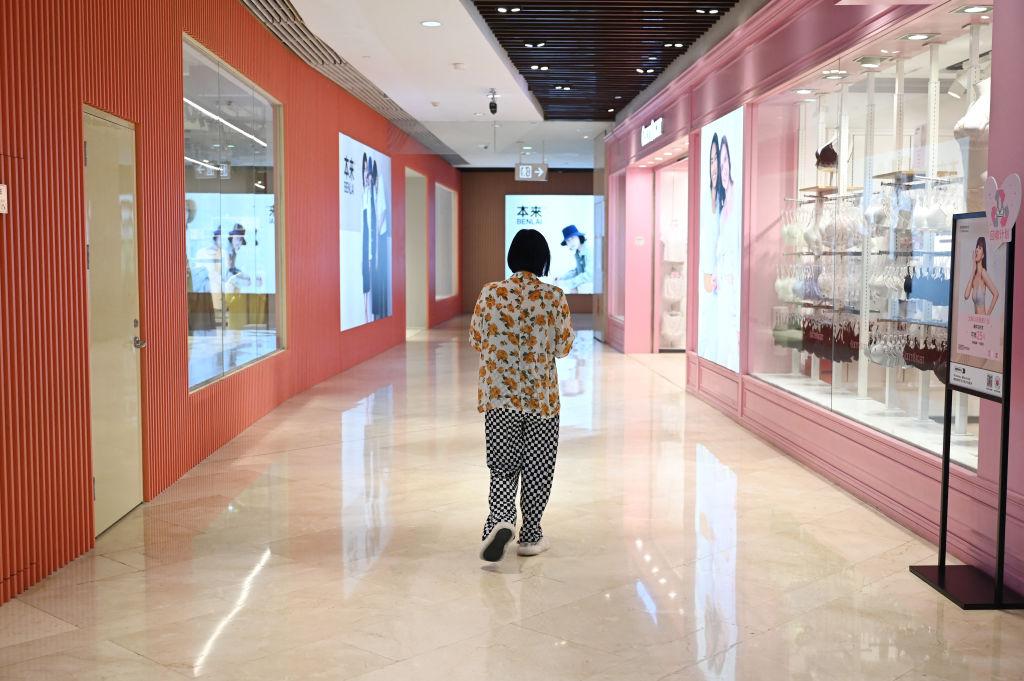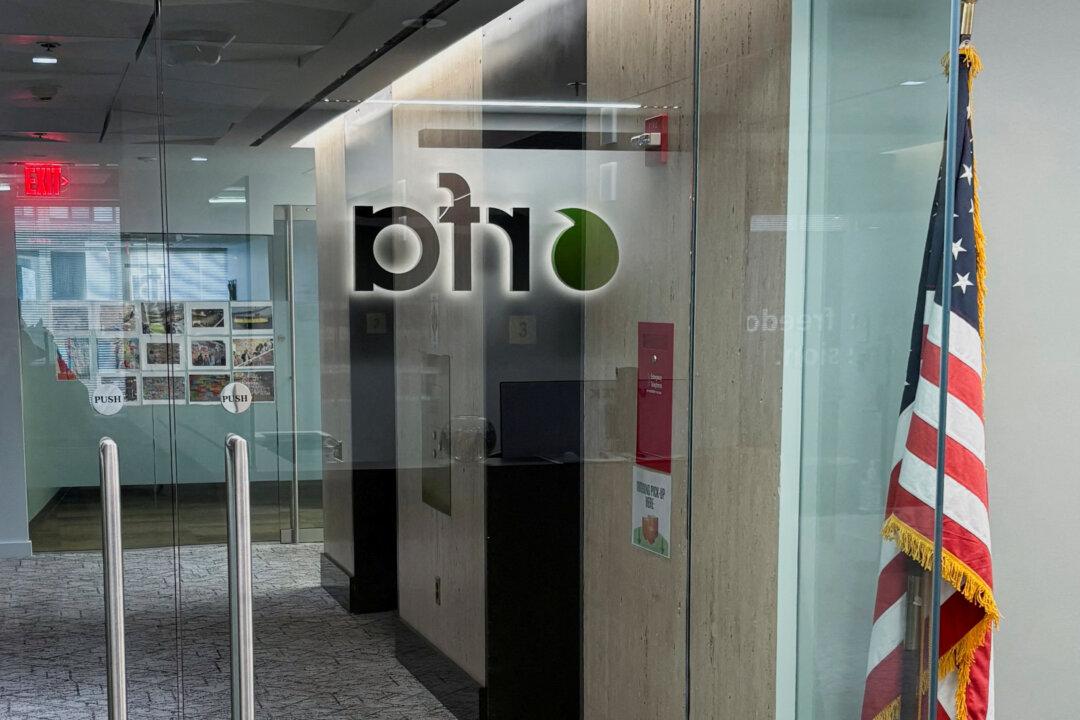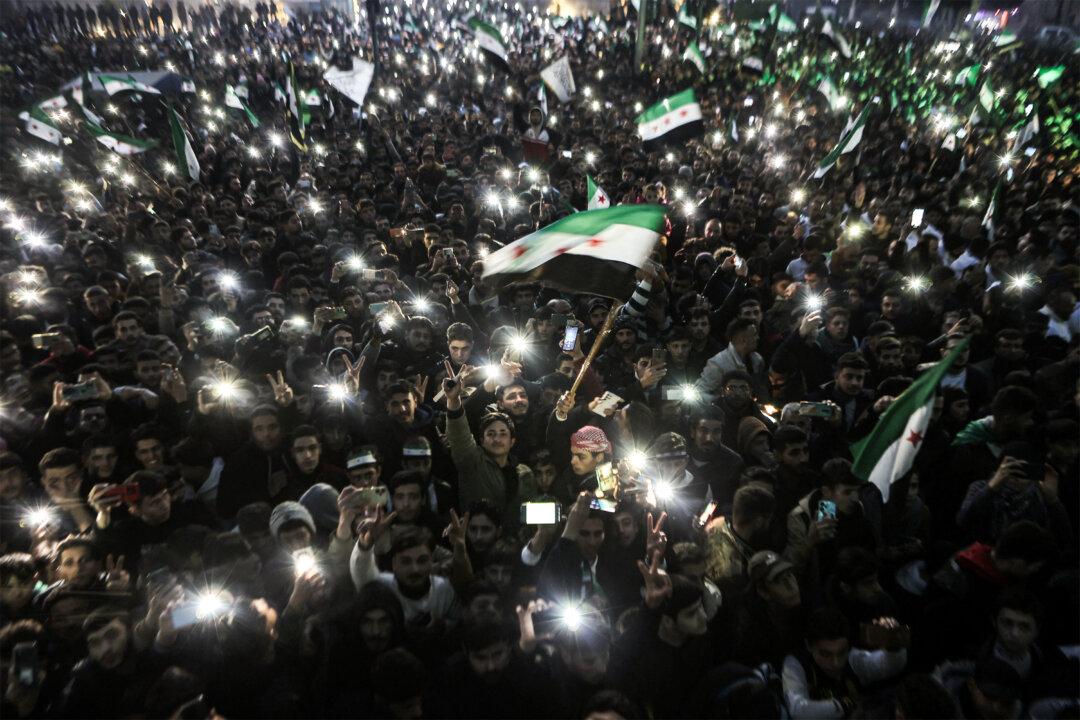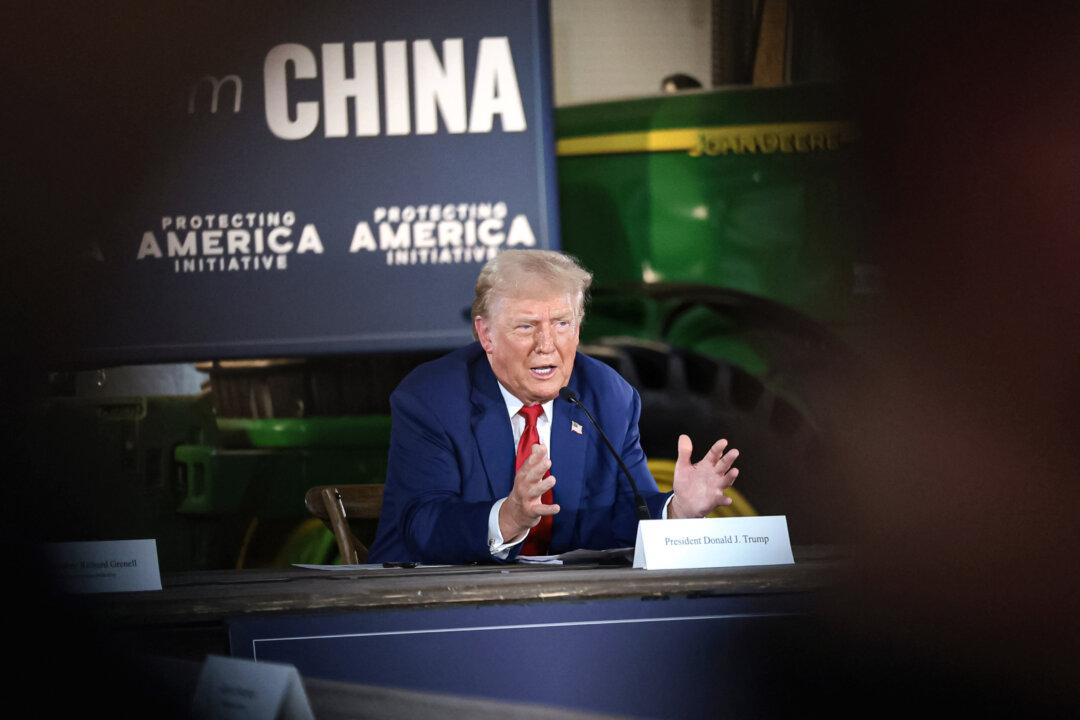Commentary
The Biden administration’s efforts of bringing allies together to fight the Chinese Communist Party (CCP) seems to be working. During the Cultural Revolution, the CCP’s diplomacy experienced a major failure. It seems the Red Guards generation (the current CCP leaders) are in power today, so I’m afraid a repeat of the diplomatic debacle is inevitable.
